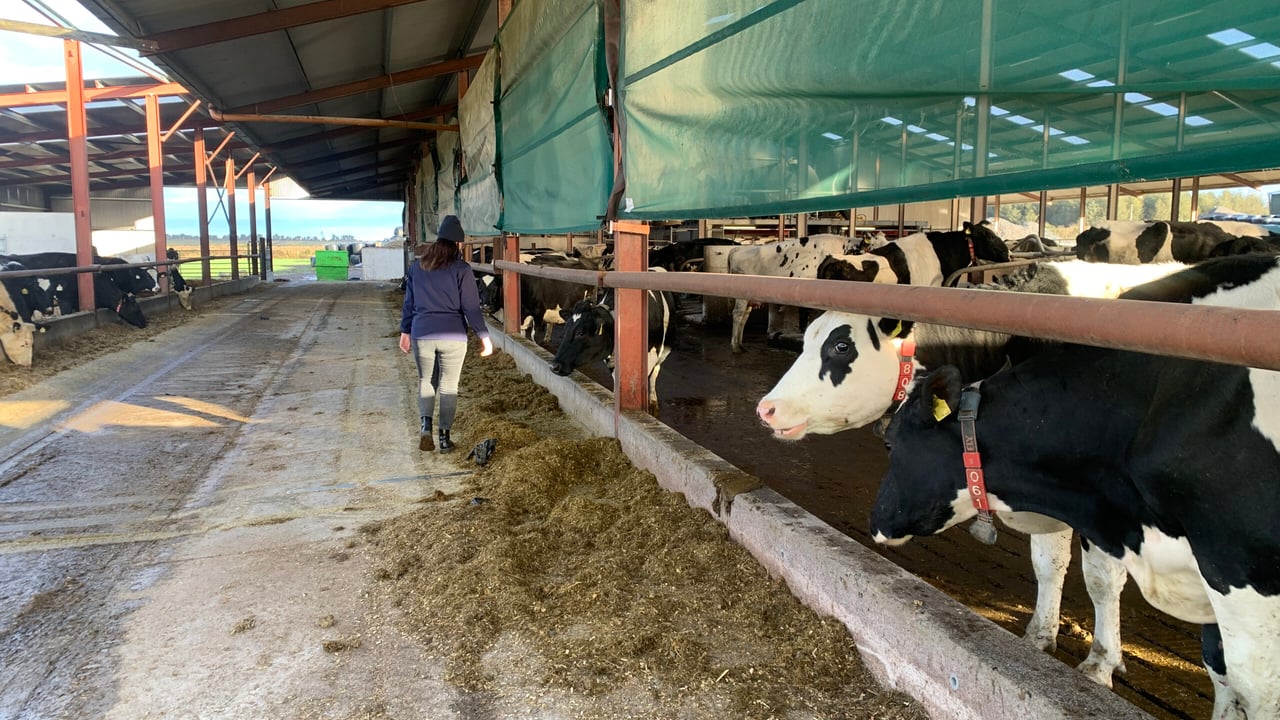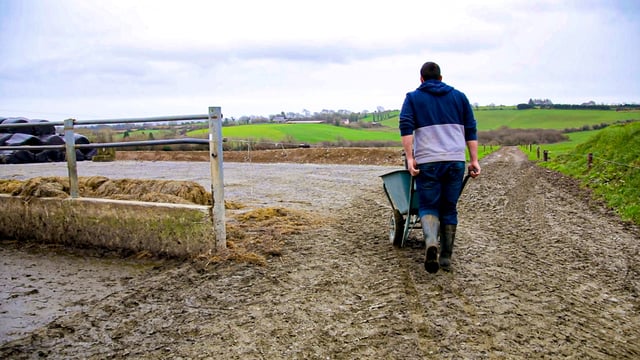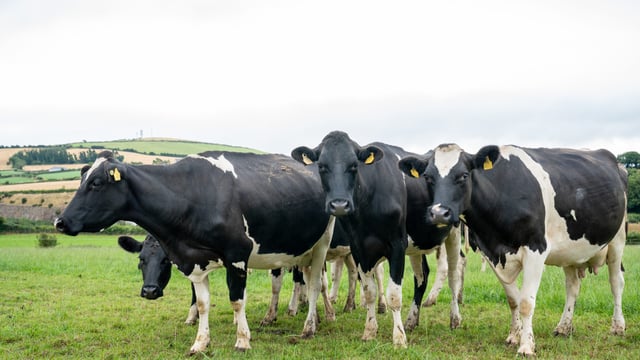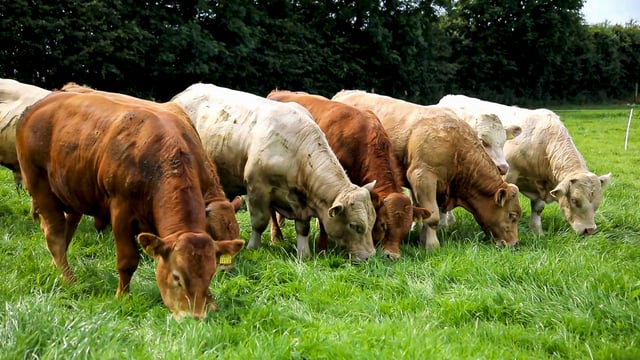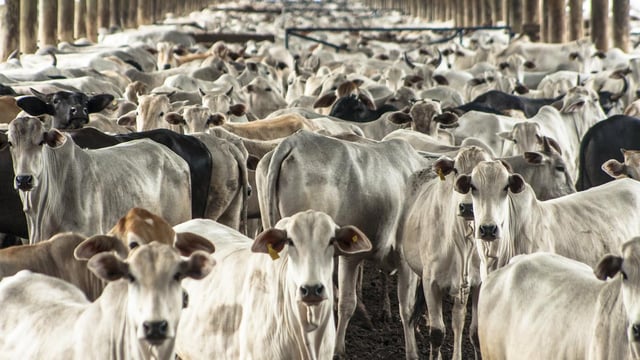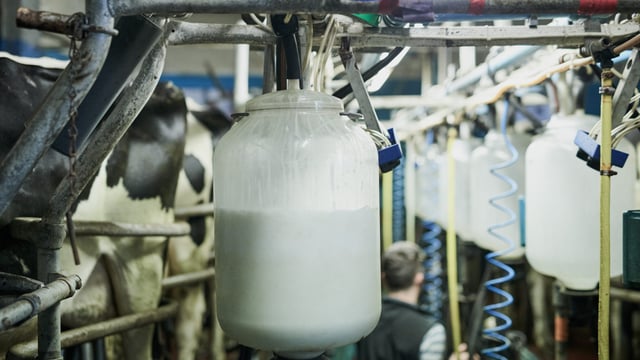EU Commission changes rule on agricultural aid
The European Commission has today (Tuesday, December 10) adopted an amendment of regulations for the agricultural sector.
The regulation exempts small amounts of support in the agricultural sector from state aid control since they are deemed to have no impact on competition and trade in the single market.
The revised regulation will enter into force three days after its publication in the Official Journal and will apply until December31, 2032.
Under the current Agricultural 'de minimis' Regulation, member states can grant support to the agricultural sector of up to €20,000 per beneficiary (€25,000, if the member state has a central register to register de minimis aid) over a period of three fiscal years without prior notification for commission approval.
Besides these ceilings per beneficiary, each EU member state has a maximum national amount for such support (a so-called ‘national cap'), in order to avoid any potential distortion of competition.
Commission changes regulation on agricultural aid
The amendment adopted today includes the following changes:
- The increase in the maximum de minimis ceiling per company over three years, from €25,000 to €50,000, to reflect several factors including the experience gained, as well as market developments and the exceptional sector-specific inflation in recent years, as well as forward looking the expected inflation until the expiry date of the regulation;
- The adjustment of ‘national caps', which are calculated based on the value of agricultural output of the member state. The national caps are updated from 1.5% to 2% of the national agricultural output and the reference period is extended from 2012-2017 to 2012-2023. This allows to take account of the increased value of agricultural production particularly over the last years, thereby increasing the national cap for all member states;
- The deletion of the ‘sectorial cap' which precluded member states from granting de minimis aid exceeding 50% of the national cap to the same product sector;
- The introduction of a mandatory central register of de minimis aid at national or European level. This will increase transparency and reduce administrative burden on farmers - mostly micro companies - who currently use a self-declaration system. In addition, they will no longer need to self-monitor compliance (currently, such central registers are voluntary for member states).
- The extension of the validity of the revised Agricultural de minimis Regulation until December 31, 2032.
With the amendment approved today, member states can, to a larger extent, support farmers in a simple, fast, direct and efficient manner, as such de minimis support does not need to be notified to nor approved by the commission.
Executive vice-president for Clean, Just and Competitive Transition, Teresa Ribera said: "The revised rules on small amounts of aid to the agricultural sector will help farmers tackle inflationary pressure and high commodity prices.
"By raising the exemption ceilings, member states can now deliver more support faster and simpler. We have also introduced a central register to reduce reporting obligations for farmers."
Commission strengthens EU farmers' position
As well as today's amendment, the commission took further steps to strengthen the position of farmers in the EU.
The commission proposed targeted amendments to the current legal framework set in the Regulation establishing a common market organisation of agricultural products (CMO) and a new regulation on cross-border enforcement against unfair trading practices.
These proposals aim to strengthen farmers' position and restore the trust between actors in the agri-food supply chain.
Today's targeted amendments specifically aim to strengthen farmers' position in the agri-food supply chain and to achieve a higher degree of trust between actors by:
- Enhancing rules for contracts between farmers and buyers, making written contracts a general obligation and improving the way long-term contracts take into account market developments and fluctuations of costs and economic conditions;
- Making the establishment of mediation mechanisms between farmers and their buyers mandatory;
- Boosting producer organisations and their associations by improving their bargaining power, allowing member states to grant them more financial support under CAP sectoral interventions, and simplifying the rules on their legal recognition;
- Allowing the EU to financially support producer organisations that would take private initiatives to manage crises;
- Defining when optional terms like 'fair', 'equitable' and 'short supply chains' can be used to describe the organisation of the supply chain when marketing agricultural products;
- Expanding the possibility for farmers and other actors to agree on sustainability initiatives with certain social dimensions, such as supporting generation renewal, preserving the viability of small farms or improving working conditions of farmers and farm workers.
Commission proposal to tackle Unfair Trading Practices
In parallel, the commission has proposed new rules on cross-border enforcement against the unfair trading practices in the agricultural and food supply chain prohibited by the so-called UTP Directive.
On average, around 20% of the agricultural and food products consumed in a member state come from another member state. There is a need to enhance the cooperation of national enforcement authorities by improving the exchange of information, investigations, and collection of penalties, according to the commission.
Today's proposal on cross-border enforcement against unfair trading practices should further strengthen the enforcement against unfair trading practices in business-to-business relationships in the agricultural and food supply chain by supporting transnational enforcement.
The proposal introduces procedural rules on how this cooperation in cross-border cases would be performed and achieved.
By setting up a mutual assistance mechanism, national enforcement authorities will have the possibility to ask and exchange information and request another enforcement authority to take enforcement measures on their behalf.
This approach allows enforcement authorities to agree on launching a coordinated action whenever there is reasonable suspicion of widespread UTPs with a cross-border dimension.
Such investigations enhance EU-level protection for farmers and small and medium-sized suppliers against UTPs in the agri-food supply chain, according to the commission.
European Commission president Ursula von der Leyen said: “As the festive season approaches and families gather to share meals, we are reminded of the dedication of farmers who make these moments around the table possible.
"Fairness for farmers is a key priority. Decent income, fair prices, stronger bargaining position in the food chain, and better protections. That is why, as one of the first measures of this mandate, I am proud to announce proposals that will strengthen their competitive position.”

